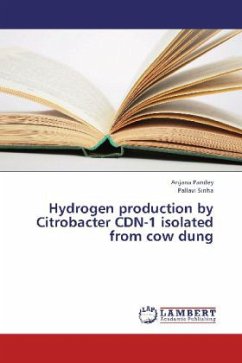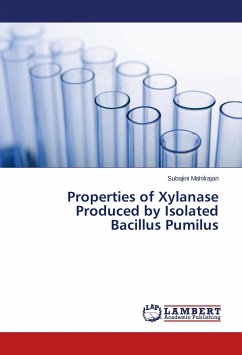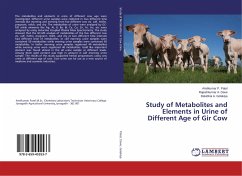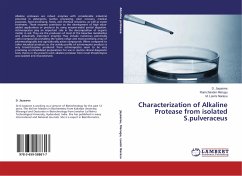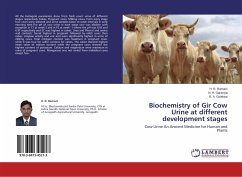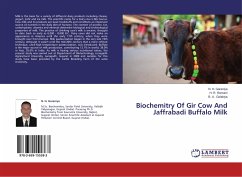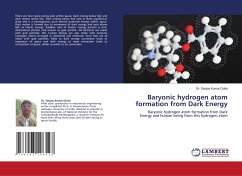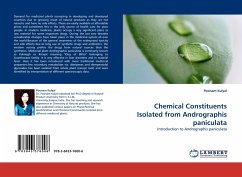The current world s economy and energy need depends substantially on fossil fuels. This has led to the exhaustive depletion of these non-renewable resources, which has simultaneously resulted in the global warming due to increased green house gas emissions. Hydrogen has the largest energy content per unit weight (32.67 kW/kg) of any known fuel, and can be generated by various ways. When used as a fuel, molecular hydrogen produces only pure water as a by-product. Biohydrogen has potential to become an inexhaustible, cost effective and renewable source of clean energy. Biohydrogen production being less energy intensive can be carried out under ambient temperature and pressure in comparison to chemical or electrochemical ones. Dark fermentation under anaerobic conditions has potential to yield hydrogen at a very high rate with various organic substrates and carbohydrates rich wastes. In the current book, study of an efficient hydrogen producing microbe isolated from cow dung has been incorporated. The microbe was characterized by biochemical tests and 16S rRNA gene sequencing. The different physico-chemical parameters to increase the optimum yield of hydrogen have been reported.
Bitte wählen Sie Ihr Anliegen aus.
Rechnungen
Retourenschein anfordern
Bestellstatus
Storno

